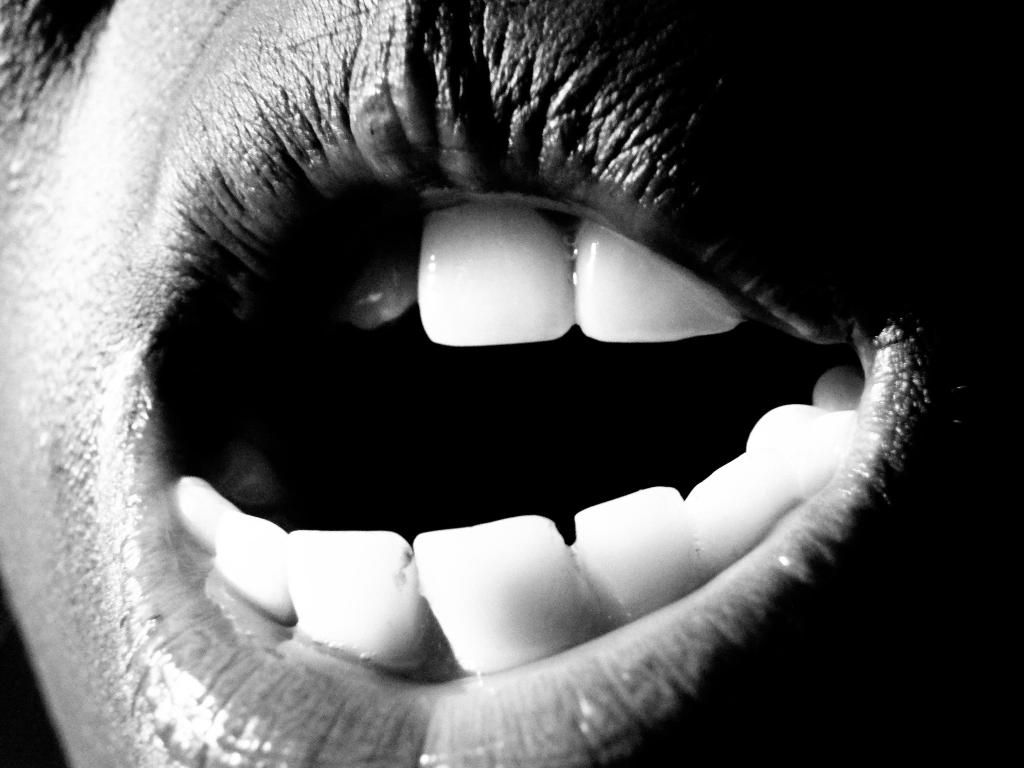Can Invisalign Address Teeth Grinding?
Layman's Guide to Tackling Teeth Grinding with Invisalign
Teeth grinding, or bruxism, affects about one in three adults, causing various oral health concerns including tooth damage, gum recession, jaw and facial pain, and headaches. At Lansdowne Family Dental, we understand the frustration of dealing with this condition, leading many of our patients to question the effectiveness of clear aligners like Invisalign against teeth grinding.
So, can Invisalign help manage teeth grinding? Well, buckle up, because we're about to hit you with the goods!
What Causes Teeth Grinding?
Stress, sleep disorders, malocclusion (abnormal alignment of teeth), and other neurological or mental health disorders may cause bruxism.
Does Invisalign Stop Teeth Grinding?
Let's dive into how those clear, little miracles work:
- Improving occlusion - Invisalign aims to improve your bite alignment, or occlusion. Misaligned bites can put excess pressure on your jaw muscles, contributing to teeth clenching/grinding. Invisalign aligners gently guide your teeth until your upper and lower arches fit perfectly, taking pressure off the muscles and joints, thus reducing grinding symptoms.
- Alleviating pain or discomfort - Sometimes, people grind their teeth due to oral health issues like crooked teeth or jaw pain. Invisalign treatment can help mitigate any discomfort triggering unconscious grinding, as it improves the positioning of your teeth.
- Reducing stress - A crooked smile can be a considerable source of stress for many people. Feeling good about your teeth can make a positive impact on mental health, reducing stress levels, and, in turn, the urge to grind.
Using Invisalign for Bruxism
If you're grinding your teeth like a foul-tempered Gerald, Invisalign can be an effective part of your treatment plan. The key is wearing your aligners for 20-22 hours a day as directed. This way, they can shift your teeth while also acting as a protective barrier at night.
Here are some pro tips:
- Wear aligners at night - Prevents direct grinding on your teeth
- Use a nightguard if needed - Consult your dentist for advice
- Practice stress relief techniques - Peaceful minds brux less
- Get adjusted aligners as required - Keep teeth comfy and maximize the life of your aligners
- Aligners help protect your teeth by acting as a shield, reducing enamel wear
- Wearing a nightguard alongside Invisalign is an option if advised by your dentist
- Properly aligning your teeth helps correct bite issues that may provoke grinding
Now, let's talk about the Invisalign treatment process for bruxism:
- Comprehensive oral exam - To identify potential causes of bruxism
- Records collection - Photos, scans, and impressions or intraoral scanner
- Custom treatment plan - Addressing occlusal problems plus desired aesthetic results
- Invisalign aligner order - Aligners fabricated for the entire set of planned movements
- Progress appointments - Monitoring tooth movements and aligner effectiveness
- Retention phase - Keeping teeth stable in their new positions
Remember, wearing aligners as directed and following dental advice gives you the best chance to successfully manage bruxism with Invisalign.
The Lowdown: Does Invisalign Help Curb Teeth Grinding?
In a nutshell, Invisalign treatment can be an effective part of a bruxism management plan. Aligners protect teeth from grinding damage, improve occlusion/bite alignment, reduce pain and discomfort, and help decrease stress levels.
Invisalign not only straightens your smile but also guards your teeth against damage from grinding when worn properly. Connect with our experienced dentists at Lansdowne Family Dental to learn how Invisalign can help you manage teeth grinding while creating your dream smile.
Facebook Twitter LinkedIn Copy Link Share
- Teeth grinding, or bruxism, can be caused by stress, sleep disorders, malocclusion, and various neurological or mental health disorders.
- Invisalign aim to improve bite alignment, which can reduce teeth clenching and grinding as misaligned bites can put excess pressure on jaw muscles.
- Alleviating pain or discomfort from oral health issues like crooked teeth or jaw pain can help mitigate unconscious grinding, as Invisalign treatment improves the positioning of your teeth.
- Feeling good about your teeth can have a positive impact on mental health, reducing stress levels and, in turn, the urge to grind.
- Wearing Invisalign aligners for 20-22 hours a day and using a nightguard if needed can help protect teeth from grinding damage and successfully manage bruxism.
- Invisalign not only straightens your teeth but also guards your teeth against damage from grinding when worn properly, making it part of an effective bruxism management plan.








